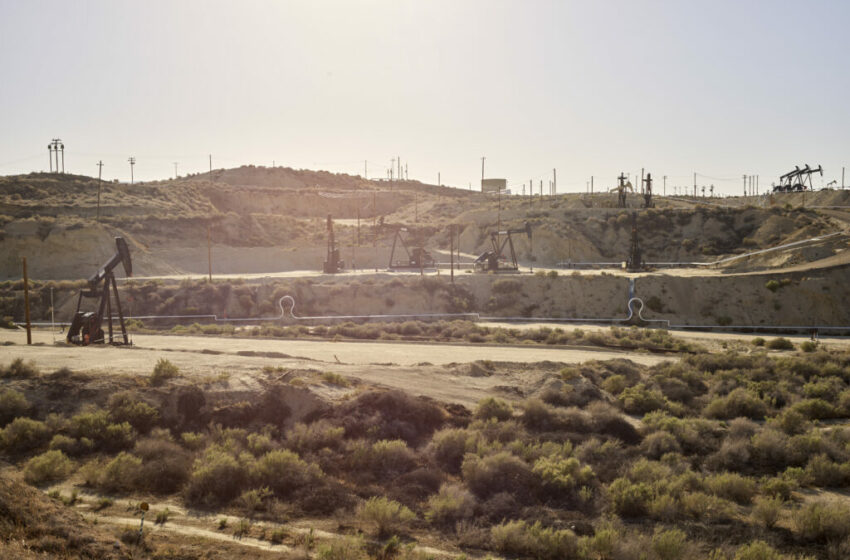
New Wave of US Sanctions Against Russia’s Energy Industry Sent Oil Prices Soaring
The Impact of U.S. Sanctions on Oil Supplies
Oil rallied to the highest level in more than four months as a fresh wave of US sanctions against Russia’s energy industry threatened to crimp supplies, sowing confusion among key importers in Asia. Brent advanced toward $81 a barrel after surging almost 4% in the previous session, while West Texas Intermediate was near $78, a rise of 1.6%.
Confusion and Disruption Mount in Asia
The US imposed its most aggressive and ambitious sanctions yet on Russia’s oil industry on Friday, targeting large exporters, insurance companies, and more than 150 tankers less than two weeks before US President-elect Donald Trump takes office. This has created uncertainty for India and China, which are among the biggest buyers of Russian crude. Refiners in Shandong, China have held emergency meetings to determine whether they can still take delivery of crude en route when the penalties were announced.
New Challenges for Central Bankers
The jump in oil prices may also provide a challenge for central bankers, including the Federal Reserve. If the price increase continues, it could lead to higher inflation, making it more difficult for the Fed to maintain its interest rates. The US economy has shown resilience, and the Fed is likely to carefully monitor the situation before considering any further action.
Oil Market Expectations
Crude has rallied in recent weeks due to colder weather, falling US stockpiles, and speculation of tighter curbs against flows from Iran. The broad sanctions package from the outgoing Biden administration threatens to change the market framework for OPEC+ as the alliance plans to start loosening output curbs later this year after a series of delays. Closely watched metrics point to tighter conditions, with Brent’s prompt spread in backwardation of $1.21 a barrel, a bullish pattern.
ADVERTISEMENT
CONTINUE READING BELOW
Industry Reaction and Outlook
With price swings picking up, some early signs of disruption were apparent. Three tankers carrying more than 2 million barrels of Russian oil were floating in waters off eastern China after being sanctioned. Banks such as Citigroup and Goldman Sachs have provided differing views on the impact of the sanctions, with Citigroup claiming that up to 30% of Russia’s shadow fleet could be affected. Morgan Stanley raised its Brent forecasts modestly, citing a “downside risk to oil supply, at least for a period,” as a result of the US sanctions.
A gauge of implied volatility rose as skews increased their bias toward call options as of Friday’s close. Oil options have regained a bullish hue after price swings picked up. Analysts will be closely watching OPEC’s analysis on the state of the global market, which is scheduled to be released on Wednesday.
With the sanctions environment set to change, the stage is set for significant price volatility in the weeks and months ahead. Can the global oil market adapt, or will the disruptions prove more severe than initially anticipated?
| Prices (Friday) |
|---|
|




